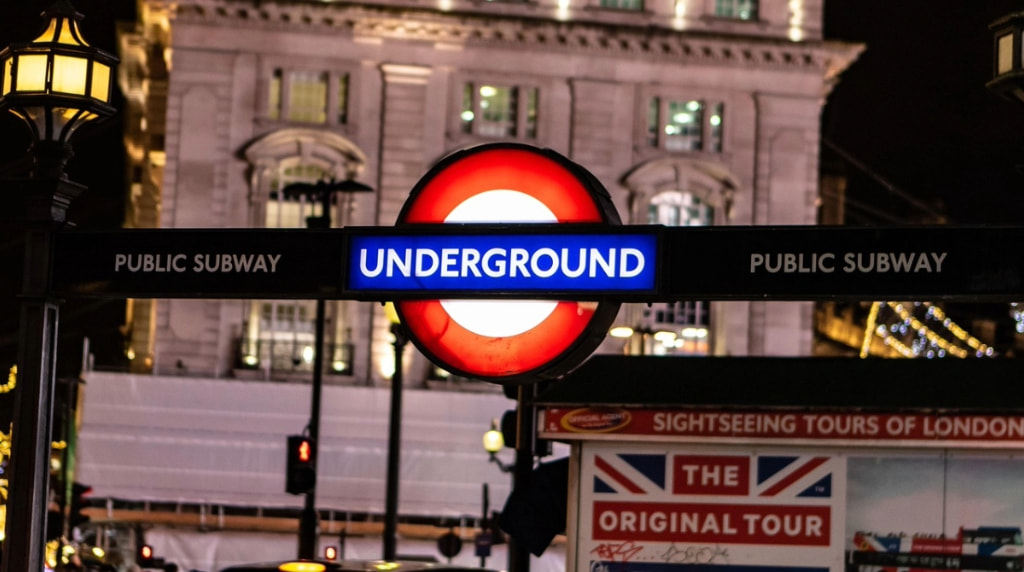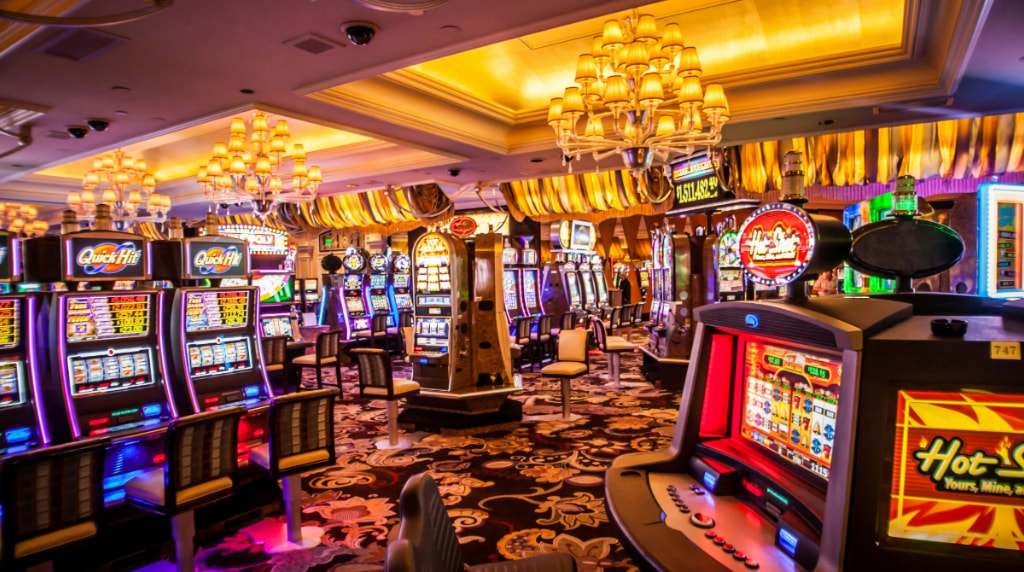The Fight Against Illegal Casinos in LATAM
Throughout Latin America, gaming agencies are working with local law enforcement and governmental bodies to better regulate the industry. Gaming regulations in Latin America are constantly in flux, thanks to progress within governments to regulate more forms of gaming. This also has an effect on the fight against illegal casinos and gaming houses, which continue to crop up despite efforts to the contrary.

Several Latin American countries face illegal casino problems and continue to close establishments as laws fluctuate. ©AJ Colores/Unsplash
Closures of illegal establishments in Antofagasta, Chile
A recent example of this fight was seen in Antofagasta, Chile, a port town to the north of the Andean country with a population of about 400,000. Local police managed to close two illegal gaming houses and placed sanctions, in the form of a fine, against a third. These three establishments were found guilty of trespassing against the local Income Law.
The raids in Antofagasta are a good example of the fluctuations taking place within Latin America’s various gaming regulations. While police raided the two illegal casinos, the municipal government was discussing the possibility of adding a casino operation permit. This would give a legal, approved operator the right to form a new casino space within the city’s borders.
Progress in regulatory law and pressure from law enforcement work hand in hand. Having regulations in place gives the government more power to act against illegal operators. In the case of Antofagasta, these raids took place on January 26, 2023. Police were tipped off due to an ongoing investigation by the Directorate of Inspection, Public Security and Citizen Security.
The two closed gaming houses went by the names of the Royal Club and the Lucky House. During a previous inspection, both locations were hit with closure seals. Someone within the illegal operations opened the seals, which gave law enforcement the excuse they needed to raid them. The seals were placed because both locations were found to lack the adequate licenses.
Inspection director Ramón Valverde added that these gaming houses violated two articles, one from the Income Law and one from the Penal Code. The third location, Millionaires, received a fine because it installed slot machines rather than games involving skill, which also violated an article of the Income Law.
Valverde assured that the city’s law enforcement will continue to monitor these three spaces and their operators, as they are known illegal entities. Mayor Jonathan Velásquez reiterated the importance of closing these spaces to maintain a welcoming city center. Meanwhile in Concepción, locals have struggled to get support for the closure of well-known illegal casinos.
Casino Controversy in Mexico
Meanwhile in Cuajimalpa de Morelos, a borough in the west part of Mexico City, a casino has opened despite valid complaints from a number of factions. The casino opened on January 27th as a part of the King’s Casino chain and goes by the name of IVY Casino.
Located in Pabellón Bosques Shopping Center, visitors may enjoy the casino’s offerings from 11 a.m. to 3 a.m. daily. However, the news has not brought pleasure to many in the local area. Neighbors actually gathered to protest the opening, claiming that the casino does not have the legal right to operate there.
They claim that the casino does not have Mexico’s federal government’s approval. Despite this, Mexico City’s government and the local mayor’s office did not cease work on the casino.
In addition, the casino operates within 500 meters of a school. According to Article 9 of the federal law on Games and Raffles, gaming establishments may not operate near to schools. Finally, it is also unusual because Mexico’s leader, President Andrés Manuel López Obrador, said in January 2020 that he would not allow new permits for casinos in the country.
It is true that many unexpected events have arisen since January 2020 and perhaps the president reconsidered his words. In other parts of Latin America, regulated gaming has brought in significant taxable income to governments and has aided in economic recovery. In fact, in Nuevo León, the government considered a raise of casino tax for this reason.
In the meantime, opponents of the casino continue to make their voices heard. Locals have asked for government intervention and have spoken out to the media. They have also requested for an official inquiry regarding the environmental impact of the project.
Based on the various documents requested, it seems that opponents suspect the casino’s builder and operator may not have presented adequate documents to start the project. If this is true, the case for the casino being shut down is stronger.



